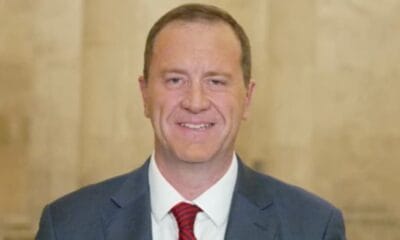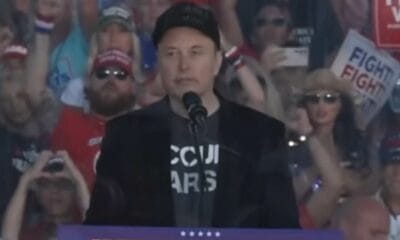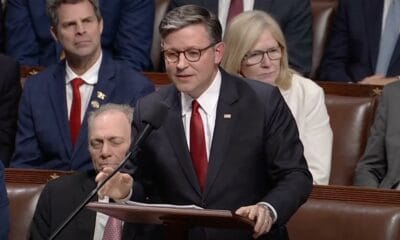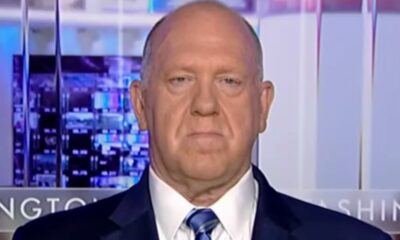Economy
Schatz: AI and Modern Tech Can Slash Billions in Wasteful Government Spending
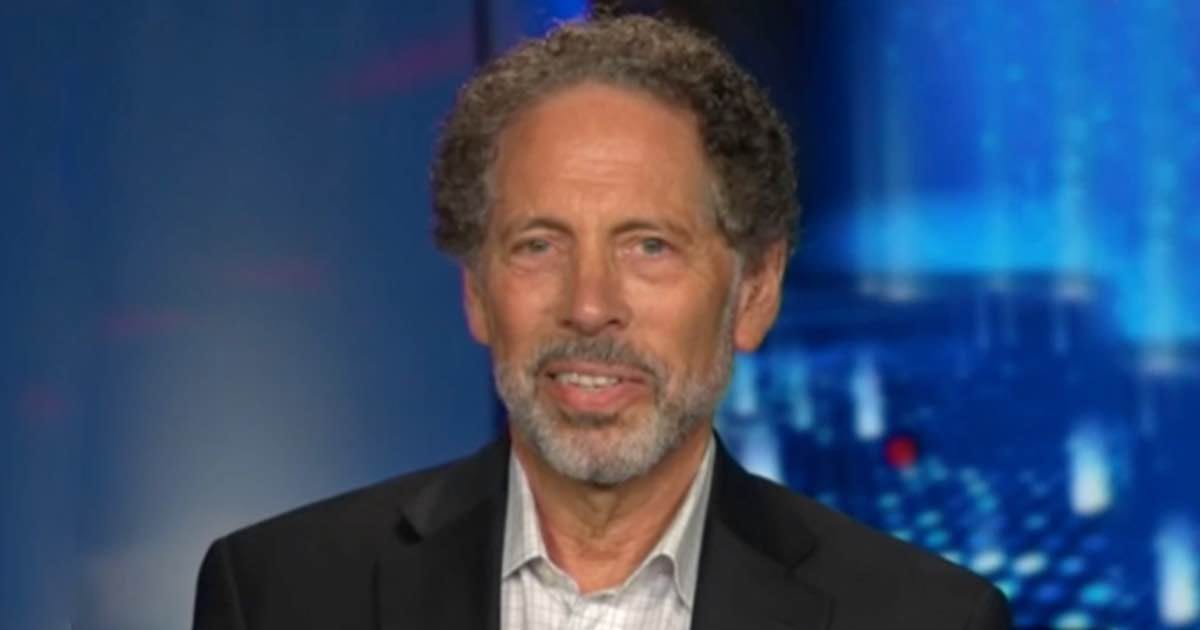
In a recent segment of The Ingraham Angle, Laura Ingraham spoke with Thomas Schatz, president of Citizens Against Government Waste, about the alarming scale of government waste and inefficiency. Schatz offered insights into how reforming outdated systems and implementing smarter policies could save taxpayers trillions of dollars.
To start, Laura highlighted astonishing examples of wasteful spending. “We send $549,000 to Russia for experiments on cats, $20,000 to Ecuador for drag performances, and $58.7 million to China, including $200,000 for a gender equality initiative,” she said. Schatz agreed, emphasizing that these examples represent only a small fraction of the problem.
Byron York: Democrats will get desperate as January 20 gets closer
“This is one of many examples the Department of Government Efficiency will address upon President Trump’s inauguration,” Schatz explained. Moreover, he noted that the Citizens Against Government Waste’s Prime Cuts report identifies $5 trillion in potential savings over five years. Additionally, unimplemented recommendations from the Government Accountability Office (GAO) could save another $200 billion. “President Trump has said he’s going to do it,” Schatz added. “People believe that. That’s why they elected him.”
Laura then shifted the discussion to inefficiencies in the U.S. government’s technological infrastructure. For instance, she quoted a sound bite about cutting administrative costs through technology and asked Schatz for his perspective. Schatz explained the severity of the issue: “80% of the money spent on computer systems goes to legacy systems. Some are so old that no one is left to fix them when they break.” Therefore, he advocated for investments in modern technology and artificial intelligence to streamline government functions and reduce duplication.
The conversation also touched on decentralizing federal departments. Specifically, Laura proposed moving agencies like the Department of Energy to Texas or other interior states. Schatz supported the idea, noting that relocating departments could save money and improve efficiency. “They’d be closer to where the policies and programs they administer are going on. They know better what to do,” he explained.
Furthermore, Schatz drew parallels to President Reagan’s Grace Commission, which attempted to address similar issues in the 1980s. However, he noted that today’s tools, like artificial intelligence, offer even greater opportunities for reform. “You could deliver so much more at such a lower cost,” he said, referencing leaders like Elon Musk and Vivek Ramaswamy who understand the power of technology.
In conclusion, the segment underscored the pressing need to overhaul government spending. Schatz’s vision for cutting waste and modernizing infrastructure offers a blueprint for restoring efficiency and fiscal responsibility.





